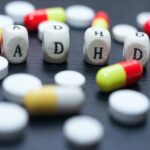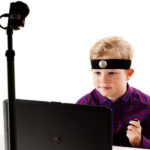
Douglas Badenoch appraises an up-to-date systematic review and decision pathway for the drug treatment of ADHD symptoms in young people with autism spectrum disorder.
Follow #CAMHScampfire on Twitter at 5pm BST on Tuesday 25th May for an online journal club discussing this paper. Or sign up now to join the free webinar hosted by ACAMH.
[read the full story...]








